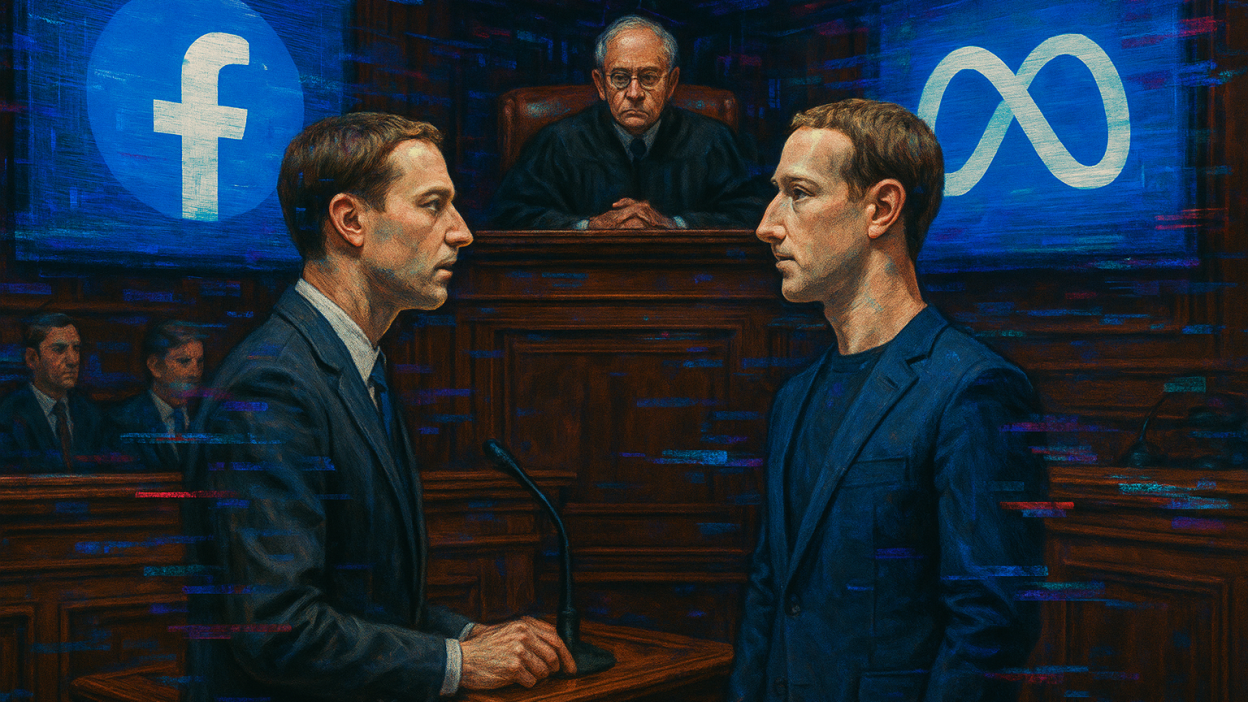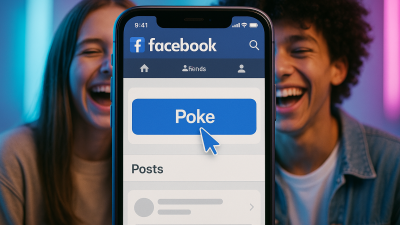What happens when your name is identical to one of the most powerful tech CEOs on the planet? For Mark Steven Zuckerberg, a bankruptcy lawyer from Indiana, it meant years of headaches, wrongful account suspensions, thousands of dollars lost in advertising, and now, a lawsuit against Meta itself.
This unusual case—“Mark Zuckerberg vs. Mark Zuckerberg”—isn’t just a funny coincidence. It sheds light on the flaws of automated moderation, the cost of mistaken identity in the digital age, and the very real consequences of platforms failing their users.
What Happened: The Story of Two Mark Zuckerbergs
-
Mark Steven Zuckerberg, a practicing attorney in Indiana, shares his name with Meta CEO Mark Elliot Zuckerberg.
-
Since 2009, he has been battling repeated Facebook suspensions of his personal and business accounts.
-
Facebook’s automated systems repeatedly flagged him as an impersonator, despite verification attempts.
-
Over the years, he reportedly spent over $11,000 in Facebook ads, only to have his professional visibility crushed by sudden bans.
-
After 15 years of frustration, the attorney finally filed a lawsuit in Marion Superior Court, demanding:
-
Refunds for lost ad spend
-
Compensation for damages
-
Legal costs
-
A formal apology
-
Why It’s Not Just a Name: Legal & Emotional Ramifications
For Mark Steven Zuckerberg, this isn’t a trivial inconvenience—it’s a professional crisis:
-
Business Reputation: Clients searching for his services often couldn’t find his verified law page due to repeated takedowns.
-
Financial Damage: Thousands of dollars in ads went to waste.
-
Emotional Strain: Imagine constantly being accused of being someone you’re not—by the very platform you’re paying to advertise on.
This isn’t just a case about mistaken identity; it’s about the accountability of digital giants and how much power automated systems hold over small businesses and professionals.
Meta’s Response and the Broader Issue of Automated Moderation
Meta hasn’t issued a detailed public response yet, but the lawsuit points to deeper issues:
-
Algorithmic Overreach: Automated systems are good at flagging fraud—but terrible at handling edge cases like this.
-
Verification Gaps: If a professional with official business credentials can’t clear their name, what hope do ordinary users have?
-
Lack of Human Oversight: Years of appeals went unresolved because humans rarely stepped in to override automated decisions.
This is a warning sign for any platform relying too heavily on algorithms without human accountability.
Implications for Small Businesses and Personal Branding Online
The lawsuit is a wake-up call for entrepreneurs, creators, and professionals:
-
Your name and brand are vulnerable online. Even legitimate users risk being mistaken for impersonators.
-
Ad spend is not protected. Platforms rarely refund small businesses when wrongful suspensions happen.
-
Reputation matters more than ever. A single mistaken flag can erase years of digital presence.
How Platforms Can Do Better: Trust, Verification, and Fair Process
This case offers important lessons:
-
Stronger Verification Processes
-
Businesses should be able to provide licenses, IDs, and credentials for permanent verification.
-
-
Refund Protection for Advertisers
-
If ads are disrupted by wrongful suspensions, users should be entitled to refunds.
-
-
Hybrid Moderation (AI + Human)
-
Algorithms can flag issues, but humans must have the final say in cases involving long-term accounts.
-
-
Transparency in Enforcement
-
Platforms should explain why suspensions occur and provide a clear appeals process.
-
FAQ: Mistaken Identity and Social Media Lawsuits
Q1: Who is the Mark Zuckerberg suing Meta?
The plaintiff is Mark Steven Zuckerberg, an attorney from Indiana, not the CEO of Meta. He filed a lawsuit after his Facebook accounts were repeatedly suspended for allegedly impersonating Mark Elliot Zuckerberg, Meta’s CEO.
Q2: Why did Facebook suspend the lawyer’s account?
Facebook’s automated moderation system mistakenly flagged the lawyer as an impersonator because his name matched that of the CEO. Despite providing proof of identity and running a verified law practice, his accounts were repeatedly shut down.
Q3: Can you sue Facebook (Meta) for mistaken identity?
Yes. Users can pursue legal action if wrongful suspensions cause financial losses, reputational harm, or emotional distress. However, lawsuits against tech giants are complex and often hinge on proving damages and negligence in moderation processes.
Q4: What damages is Mark Steven Zuckerberg seeking?
He is seeking:
-
Refunds for $11,000+ in ad spend
-
Compensation for lost business and reputational harm
-
Legal costs
-
A formal apology from Meta
Q5: How common are mistaken identity issues on social media?
Quite common. Many users—especially those with popular or high-profile names—face wrongful bans. Automated systems prioritize fraud detection but often lack nuanced verification for genuine users.
Q6: What should you do if your account is wrongly suspended?
-
Appeal immediately using the platform’s support system
-
Provide identity documents or business verification details
-
Document all interactions with the platform
-
Seek legal advice if the issue persists and causes financial loss
The story of Mark Zuckerberg vs. Mark Zuckerberg is more than a headline—it’s a cautionary tale for anyone navigating the digital age.
It underscores that identity is fragile online, and when tech giants fail to protect legitimate users, the consequences can be financial, professional, and deeply personal.
As this lawsuit unfolds, the world will be watching—not just because of the name involved, but because it raises a bigger question:
Who protects us when the platforms we rely on get it wrong?



